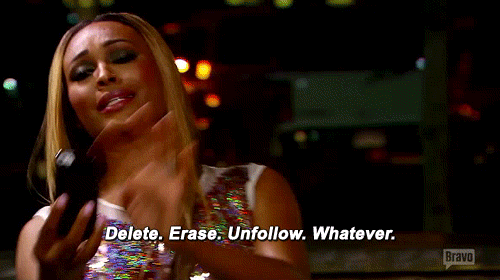
Unpacking The Problem With Toxic Diet Culture
Why you need to remove the word “diet” from your vocabulary.
The word “diet” has dominated the fitness industry for years. Often associated with restriction, unnecessary supplements, and unhealthy weight-loss methods – toxic diet culture has become an engrained, accepted part of our everyday life.
But what does toxic diet culture refer to? Well, the answer is simple. Anything that promotes extremities when it comes to embarking on a fitness or wellness journey. Whether it be unrealistic diets such as Keto or taking drastic measures when it comes to intermittent fasting – these are both prime examples of toxic diet culture.
The negative impacts that warped diet culture places on young people is rapidly on the rise. With influencers promoting fad diets such as skinny “detox” teas, along with unnatural weight-loss techniques such as waist trainers and ab activators – it’s no surprise that the younger generation have fallen victim to this toxic mentality behind food and fitness.
In 2019, Instagram announced that they will begin hiding posts that promote weight loss from users under the age of 18. However, given the problematic relationship between dieting and eating disorders – more needs to be done.
According to a report by the American Academy of Pediatrics, those who dieted moderately were 5 times more likely to develop an eating disorder, and those that restricted their food intake more drastically, were 18 times more likely.
Here is our go-to-guide for debunking the toxic diet culture mindset, so you can live happier and healthier.
Eating “Clean” Is A Myth
There is no such thing as “clean” foods. While some foods hold more nutritional value than others, you should never label any food as “bad” – this is what perpetuates a negative, toxic relationship with food and can act as a catalyst for eating disorders.
Forget the the idea of rewarding yourself with a “cheat meal” - focus on eating a balanced diet in which you enjoy all foods in moderation.
Why Dieting Can Actually Hinder Your Fitness Goals
When you cut your calories drastically low, your body goes into starvation mode. This means that it’s actually harder to lose weight – your body increases the amount of ghrelin (the hunger hormone) and decreases leptin (the fullness hormone) so you end up feeling hungrier but less satiated.
Because your body is craving nutrients, it will try to hold onto any stored energy you have, thinking it’s in “survival” mode. This, in turn slows down your metabolism, making your body far less efficient when it comes to reaching a fitness goal.
Detox Your Social Media

If you’re struggling with your body image or just finding it generally difficult to start your fitness journey – remove the negativity. That’s right, you heard me. Being truly healthy is just as much about our mental health as well as physical.
Stop watching endless “what I eat in a day” videos on TikTok and unfollow any accounts on Instagram that don’t promote a sustainable approach to health and fitness.
Always remember - there are no quick fixes. If you really want to make a change then you must put the work in.
Adapt your mindset – change your life.
In case you missed it, Debunking The Myths Around Manifestation











